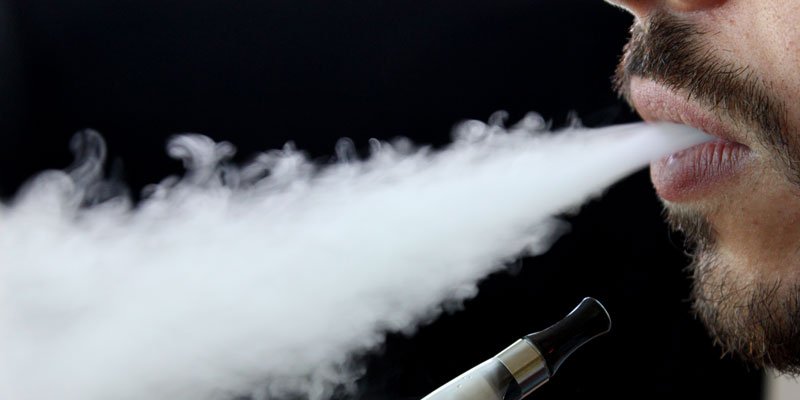Juul Labs is under scrutiny once again with regards to their marketing strategy and advertising of vaping products.
William Tong, the Attorney General, said that CT would be joining the national effort to reduce vaping in youth. Congressional hearings and investigations into the practices of vaping-product manufacturers took place in the last few months, including a lawsuit against Juul Labs in North Carolina.
The main concern are the young users, as e-cigarettes have been gaining popularity among this particular demographic group. As per the data from the Center for Disease Control and Prevention, one out of five of all high school students confessed to vaping last month. The number seems alarming, and many states and health organizations worry that the manufacturers target young people in their campaigns.
Tong emphasized that the main focus of the investigation in Connecticut would be to determine if Juul Labs limited the marketing of their products to adults. However, the authorities will also look into the claims that the company is promoting their products as the tools helpful in giving up smoking. According to the Attorney General, this would be illegal because the U.S. Drug and Food Administration has never approved any of the products as aids in quitting smoking.
The spokesperson for Juul Labs, Theodore Kwong, stated that the company’s products had never been intended or promoted to help smokers quit cigarettes. Their only purpose is to offer an alternative nicotine delivery.
This appears to be a bit of a contradiction to the claims of the co-founder of Juul Labs, Richard Monsees. During his testimony on a congressional hearing recently, Monsees stated that Juul’s vaping kits and flavor pods were created to assist smokers in eliminating cigarettes for good.
It appears that Kwong and his team are clearing up the potential mess after that hearing. Nevertheless, Juul’s spokesperson has been vocal in denying the allegations that the company is focusing on young people in its campaigns. He said that they had been making additional efforts to prevent youth vaping. Some of the examples include the elimination of popular flavors, much stricter online age-verification, and deleting certain social media accounts.
On the other hand, Robert Jackler, a tobacco-advertising expert and a Professor at Stanford, testified that Juul had been following promotional tactics of the cigarette makers. The huge launch parties across the country, young people starring in ads and campaigns, and vibrant colors seem like a good way to appeal to younger users.
Six health and anti-tobacco groups have called upon the Food and Drug Administration to examine Juul’s promotional tactics on all platforms. William Tong hopes that the pressure will prompt the FDA’s response. But he also believes that Connecticut will not wait for Washington. The state recently raised the age for legally smoking cigarettes or vaping to 21 and is keen to get to the bottom of this issue as soon as possible.




